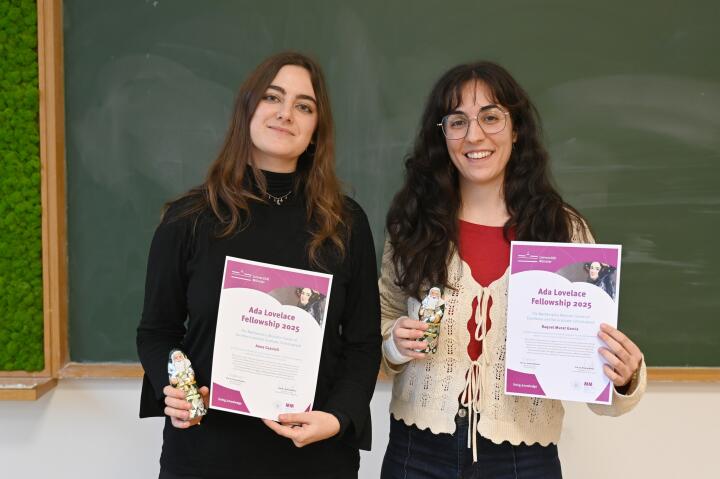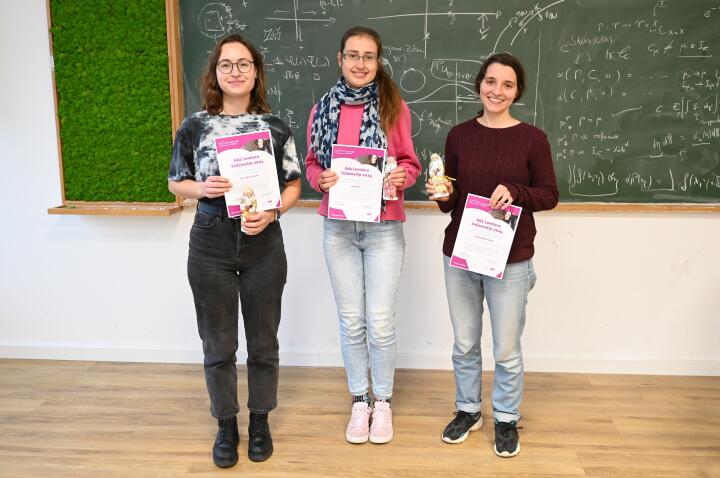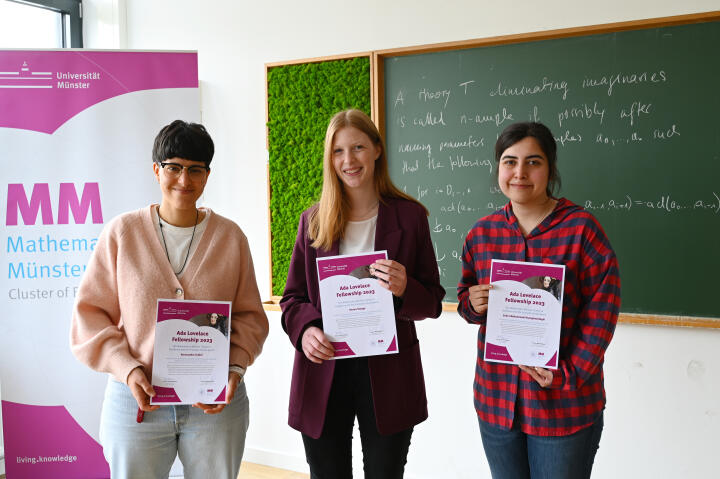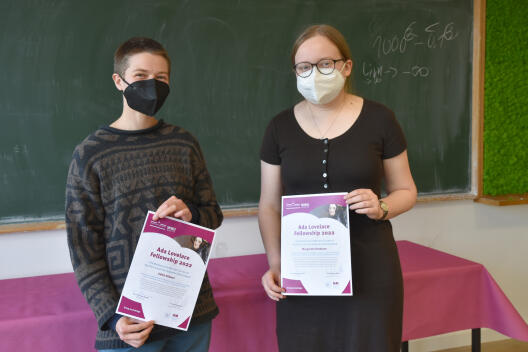Ada Lovelace Fellowship

The goal of the Ada Lovelace Fellowships is to increase gender diversity in mathematics. It is awarded to excellent researchers on the PhD level and includes a 25% supplementary position. The selection of the fellows is based on the academic performance and grades which have already been achieved in the Bachelor's and Master's degree. The programme was launched by the Faculty of Mathematics and Computer Science in 2016.
The programme is named after Augusta Ada Byron King (1815-1852), Countess of Lovelace, a British mathematician working in the then emerging field of computer science (for more information see: https://en.wikipedia.org/wiki/Ada_Lovelace).


















